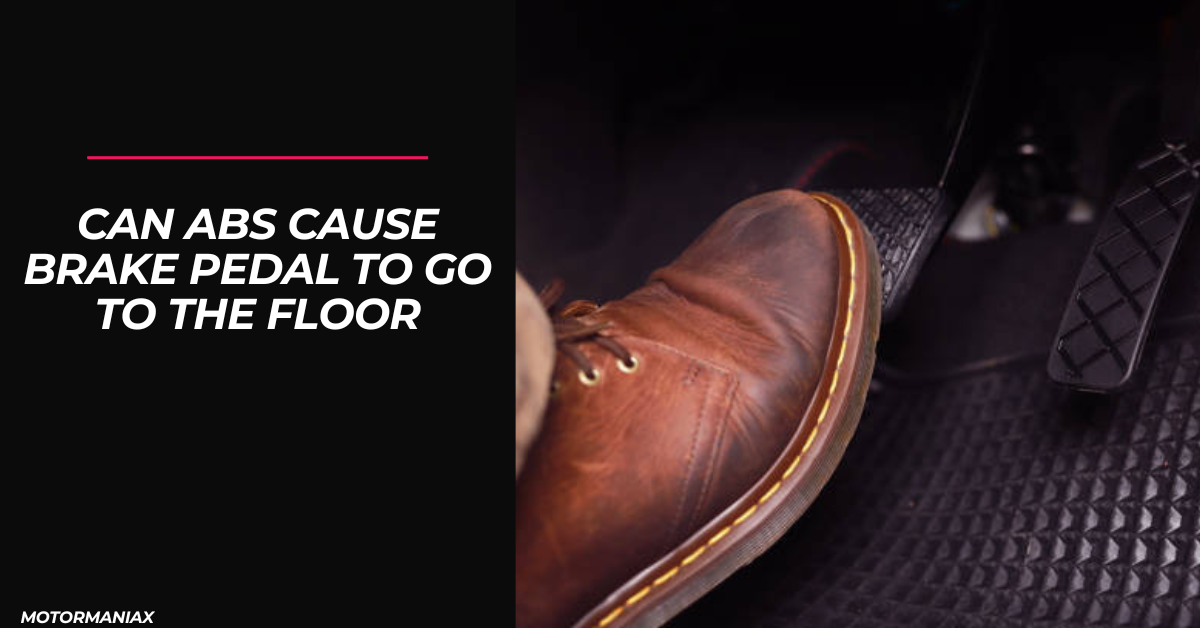Brake pedal is one of the sensitive components in a car that should always maintain its performance. Or else, the vehicle can easily lose control causing some serious damage or injuries.
It’s important to know everything that revolves around the brake pedal and around it. Therefore, today I will shed light on whether ABS can cause the brake pedal to go on the floor or not.
Typically, if your car features an anti-lock braking system and there is leakage in the ABS unit, it can certainly lean the brake pedal to go on the floor. So if you spot any problem in the brake area of ABS, prefer to get it solved than to keep on driving.
Cars and vehicles that come with ABS brakes feature the hydraulic assembly otherwise called as ABS modulator. It comes with several internal solenoids and valves. So when there is an internal fault or damage, or rust/debris, it fails the valve. When the valve does not function smoothly, it results in the droopy or sloppy brake pads.
What is ABS?
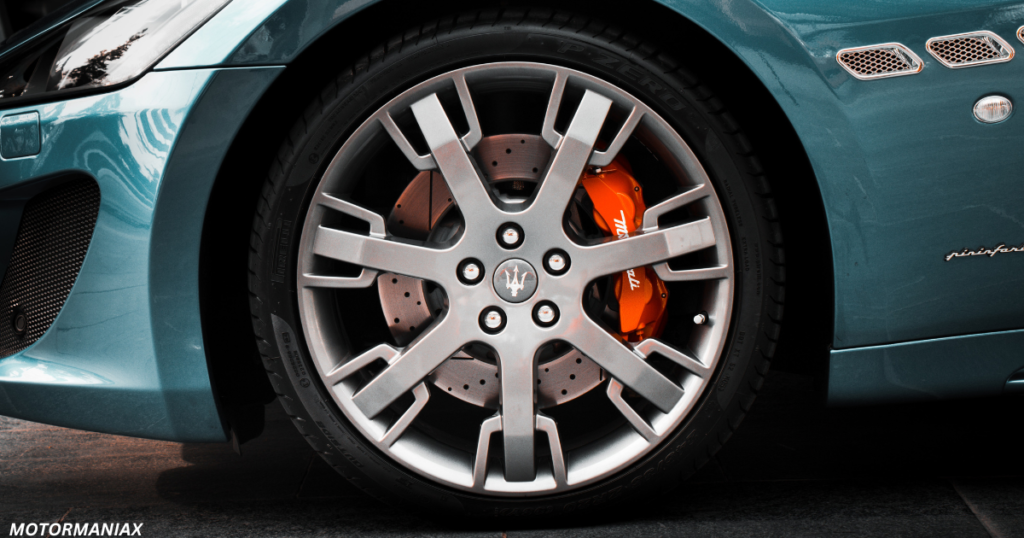
It (anti-lock braking system) is a tool that works for added safety and anti-skidding of car brakes in case of friction-less surface. It is commonly used on land and air vehicles.
ABS majorly keeps off the wheels of the car from getting locked up while you press the brake pedal. Hence, the driver keeps on maintaining contact with the road surface and gets even better control than cars without ABS.
How does ABS perform action?
ABS in cars is one of the effective automated systems that make sure the ideal car stops with enhanced controls. It works in a faster and efficient manner by cutting back the stop length in dry and slick situations.
ABS works when the brakes engage and release multiple times within a single second. It makes sure that wheels do not get locked up during aggressive braking. So the vehicle gets slow down without losing the hold whereas the traction helps the driver to easily navigate through.
Why do the brake pedals go to the floor?
Generally the brake pedal goes to the floor due to poor brake fluid level. If it’s lower than the recommended level, the brake pedal would become droopy. In other words, if the brake fluid is leaking it means that there is a loss in the ideal brake fluid pressure.
Read Also: Brake Fluid Replacement Cost
Another reason why the brake pedal goes to the floor is the fault in the brake master cylinder. The fault or damage will prevent the brake system to respond as it should, and make the pedal go to the floor.
How do I know the problem with the droopy brake pedal?
Without any technical help, here is how you know you know the problem in the brake pedal. However, if you do not know anything about cars and its maintenance, it would be best to call the automotive technician to find out the real cause of the brake pedal going to the floor.
- Acquire the best driving skill
- Check for leakage; check all the brake lines from the wheels
- Check the brake fluid level
Signs that ABS brake has gone faulty
Glowing ABS light
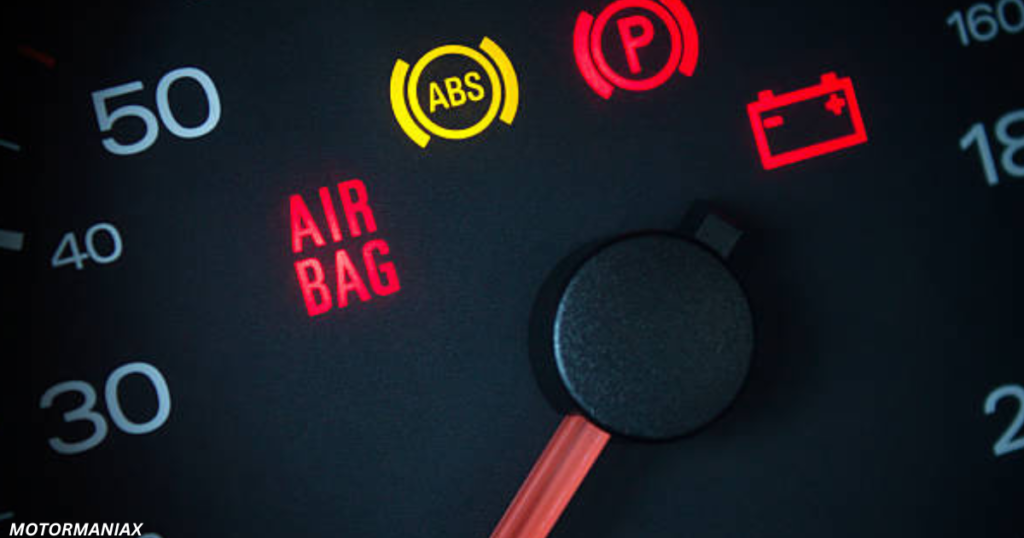
Light on the vehicles are indicators. So when the light of ABS glows it comes as a warning sign for some problem in the ABS system.
Don’t panic if the dashboard ABS light glows for a few seconds, it’s just starting. But if it stays illuminated, first try to restart the car. If that does not help and the light keeps on glowing, call the mechanic.
Damage in speedometer
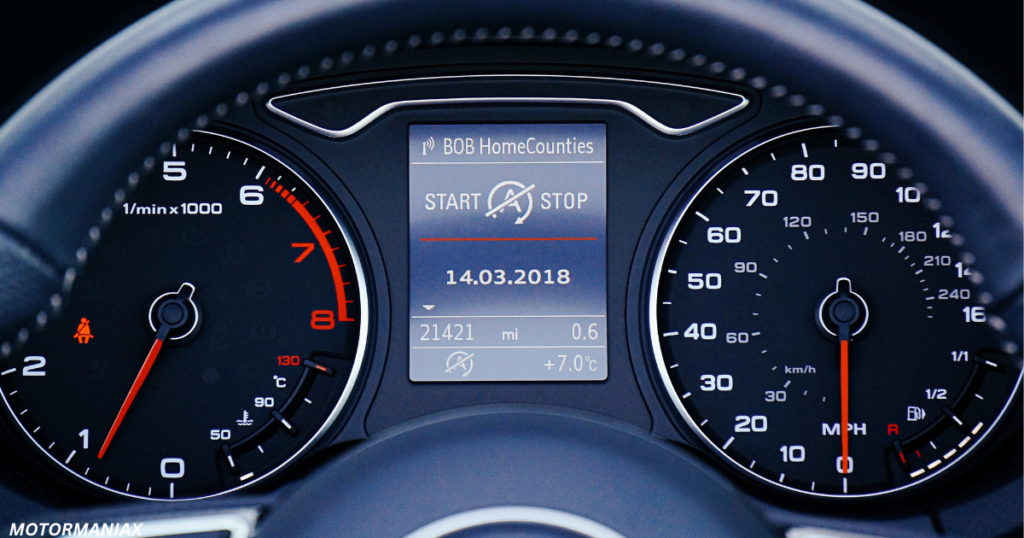
The speedometer is another parameter that you should see for figuring out faults in ABS. If it’s displaying the incorrect speed or only 0 mph, there is some fault. Displaying the incorrect speed or only 0 mph, indicates that there is some fault. Also the “check engine” light will become lit.
Stall brake pedal
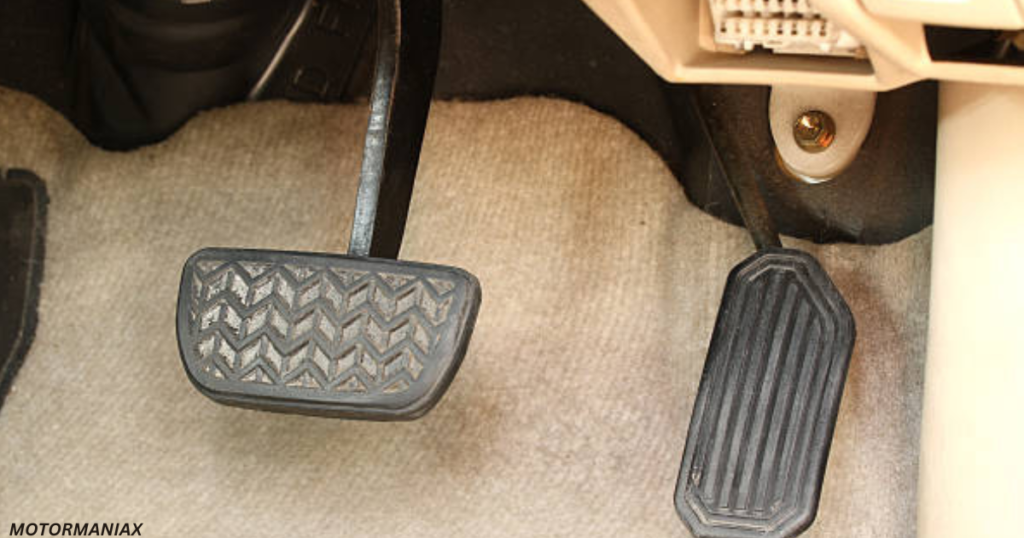
If the brake pedals are not responsive, it could be another sign of fault in ABS. So when an ABS control module malfunctions or catches fault, the brake pedal becomes harder. Firstly, push the pedal multiple times to initiate the movement. If you still face the hardness in brakes, there can be some dirt accumulated, brake fluid leakage, or zero gas in the brake lines.

